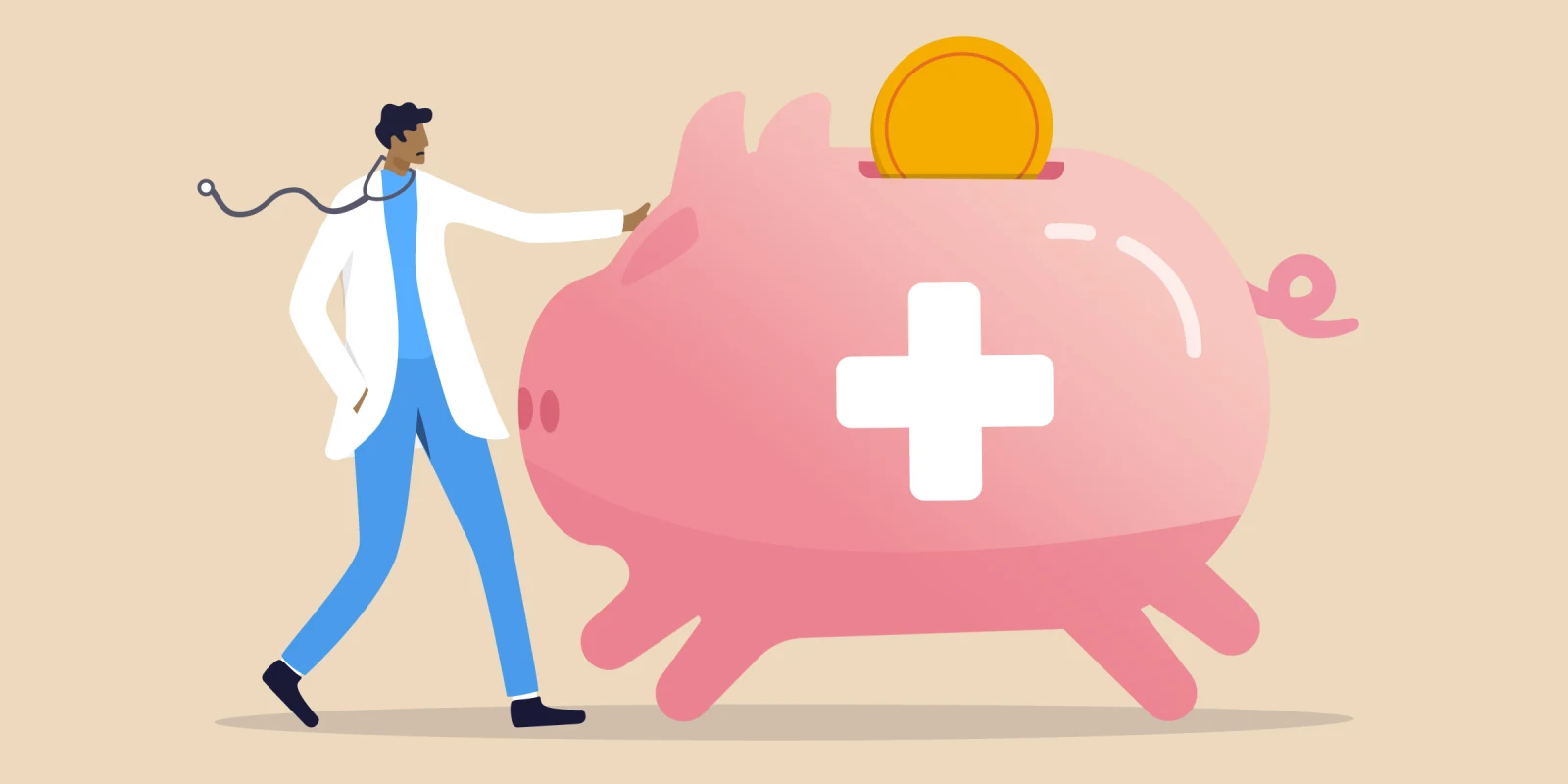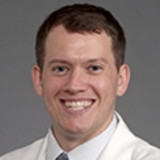You think the first time that attending paycheck hits your bank account, everything will be amazing …
Until you do the math and you realize it’s not going to go as far as you think. You find yourself saying something along the lines of, “I work so hard to get to this. I don't understand why this isn't more money.” Which sounds insane to people who are in training. When most of us are in training, we wonder how on earth these doctors making $200-$300k a year are still stressed about money.
You go from earning basically $5,000 a month gross to earning $25,000 a month gross in a month’s time, from June to July. As a new physician, you think you’ll be able to take a luxury vacation with no budget, buy your dream house, or buy a fancy car because you’re making more than you’ve ever made in your life.
But you start to realize that after you pay your taxes (which are higher), and after you designate money to pay off your student loans and build your investment accounts, and give consideration to your rent or your mortgage … that paycheck is going to be substantially less.
In private practice, where you only get paid for services rendered, doctors entering that space need to figure out when that first paycheck's coming and if you need an advance from your group in order to bridge that time period, or you can find yourself looking at a month or more without getting paid.
Get An Accurate Big-Picture View of Your Money
My colleague Lisha is making the transition from fellowship to attending, and the way she talks about her money realization is like this: “As I'm working on my budget and writing down the things that I want to spend money on, along with the things that I should spend money on – retirement, Roth IRA stuff, savings, emergency fund, tithing – I'm realizing that I may not be able to do both. I may not be able to buy all the things that I want and still meet all of my investing and saving and debt goals. And as I'm having this epiphany, I'm getting a little depressed.”
Lisha makes a good point about how to get an accurate big-picture view of your money: write down what you’re making versus what you’re spending. So many of us aren’t doing that for the simple fact that we don’t want to know if it’s "bad news." We don't want to have an epiphany and get depressed.
But it’s better to see what’s coming ahead of time than start spending yourself into a hole that will take time and energy to get back out of.
Just a few things affecting Lisha’s income as a new attending that might affect yours, too, include:
- Paying a lot in taxes.
- Marginal tax rate 32% to 35%
- Have to consider state taxes (Georgia is 5%)
- Have to add in FICA taxes (another 7% to 8%)
- Take-home pay is much less than gross.
- Have to pay taxes
- Max out work 403b
- Pay for health insurance premium for first time
- Pay for short-term disability insurance
- Pay for parking
- Student loans and rent will take up more than half her base salary.
- Would like a two bedroom (office and bedroom); that will cost around $2,000/month, which is more than her partner’s mortgage by $500
- Student loan payments are high – she’s enrolled in PSLF but also has some loans she has to pay back in full that don’t qualify for PSLF – planning on at least $2,000/month for that
As a new physician, you see your gross income increase by $20,000, and it seems like you’ll be able to do everything you want and need: take a vacation, invest, get a great place to live, etc. But as you transition from fellowship to attending, you will start to realize that your money is already spent. So, to get an accurate big-picture view of your money, remember to write down what you’re making versus what you’re spending, take taxes into account, know that your take-home pay is less than your gross, and adjust for the fact that student loans and rent will take up half your base salary.
You can still create the life you want, but make sure you are planning for it on paper and not assuming it will just happen.
What did you do with your first paycheck? Share in the comments.
Dr. Jimmy Turner is an academic anesthesiologist and the Chief Medical Officer and co-founder of Attend, a comprehensive financial platform built by physicians for physicians. He is also the author of The Physician Philosopher's Guide to Personal Finance and host of the Money Meets Medicine podcast.
Image by Nuthawut Somsuk / Getty






